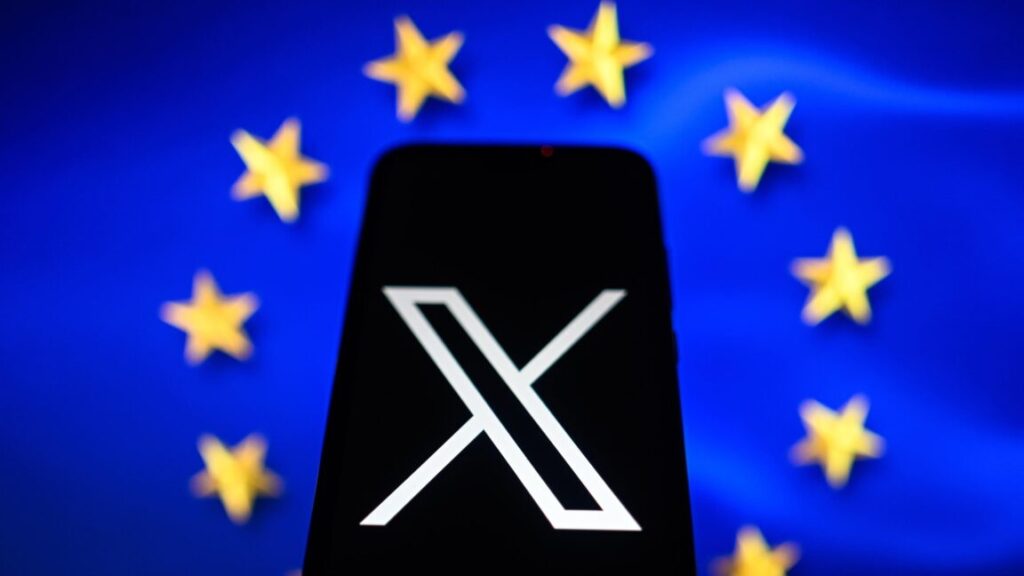Amazon’s Chinese sellers to raise prices or quit US market as tariffs hit 145%
Jassy said Amazon is “doing everything we can to try and keep prices the way they’ve been for customers, as low as possible.” Amazon has already “done some strategic forward inventory buys to get as many items as make sense for customers at lower prices,” and may renegotiate some deals, he said.
Seller: “You can’t rely on the US market”
Reuters spoke to five Chinese sellers, writing that “three said they would look to raise prices for their exports to the US, while two planned to leave the market entirely.”
Dave Fong sells products “from schoolbags to Bluetooth speakers” and has already raised prices in the US by up to 30 percent, the article said. “For us and anyone else, you can’t rely on the US market, that’s quite clear,” Fong told Reuters. “We have to reduce investment, and put more resources into regions like Europe, Canada, Mexico, and the rest of the world.”
Products already shipped to Amazon fulfillment centers in the US soften the blow temporarily, but Shenzhen-based seller Brian Miller “anticipated he and other sellers would need to raise prices steeply when current inventories run out in one or two months.”
“Building blocks for children that sell on Amazon for $20 that cost his company $3 to produce would now cost $7 including the tariff. Maintaining margins would require raising the price by at least 20 percent, and prices for higher-cost toys might see 50 percent increases, he said,” according to Reuters. Miller said that if the tariffs aren’t changed, “manufacturing that serves the US will have to be transferred to other countries like Vietnam or Mexico.”
Bloomberg reported yesterday that Amazon “canceled orders for multiple products made in China and other Asian countries.”
Amazon’s Chinese sellers to raise prices or quit US market as tariffs hit 145% Read More »













